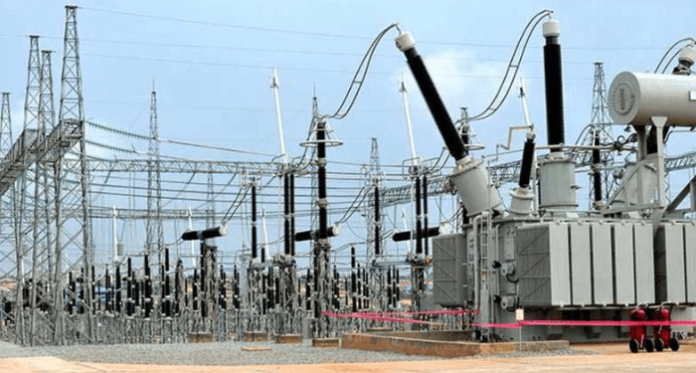The administration of President Bola Ahmed Tinubu has announced an ambitious plan to expand Nigeria’s national electricity grid by an additional 4,000 megawatts (MW) by the end of 2026, as part of a broader effort to transform the country’s power sector and improve electricity delivery nationwide.
This development was made public through a statement issued by Bolaji Tunji, the Special Adviser on Strategic Communications and Media Relations to the Minister of Power, Adebayo Adelabu. According to the statement, the federal government is collaborating with several top-tier Engineering, Procurement, and Construction (EPC) firms that possess the technical know-how, financial strength, and operational capacity to execute large-scale infrastructure projects.
The power infrastructure expansion is being implemented under a new strategic direction endorsed by President Tinubu. As part of this strategy, President Tinubu has approved a new power distribution framework, which will be carried out by these qualified EPC firms to ensure timely and effective project execution. The move is expected to increase the national grid’s capacity by 4,000 MW within the next two years and aligns with the Economic Management Team’s directive for an additional 2,000 MW to be delivered by the end of 2024.
Central to this initiative is the Presidential Power Initiative (PPI)—a landmark collaboration with Siemens AG aimed at revitalizing and modernizing Nigeria’s power infrastructure. The implementation of the PPI officially commenced with the Pilot Phase, which witnessed the delivery, installation, and commissioning of 10 power transformers and 10 mobile substations in strategic locations across the country. These components, manufactured and delivered in October 2023, marked a significant milestone for the Tinubu administration, which had reinvigorated a project that had seen little progress under previous governments.
Minister Adelabu emphasized that prior to the inception of the current administration in May 2023, the Siemens-led project had experienced numerous delays and minimal tangible outcomes. However, under President Tinubu’s leadership, a renewed commitment to the initiative has led to accelerated implementation and visible achievements.
“The arrival of the present administration brought a new sense of urgency and direction to the Siemens Power Project,” Adelabu stated. “An accelerated contract was signed, and within months, we saw clear milestones being reached. This is a testament to the administration’s focus and commitment to addressing Nigeria’s longstanding power challenges.”
In addition to the pilot phase, preparatory work for the main phase of the PPI—set to roll out in 2024—is currently underway. The Federal Government, through the Federal Government Power Company (FGPC), has also initiated several transmission infrastructure projects aimed at enhancing the capacity and reliability of the national grid. According to the Ministry, these projects have already resulted in a notable increase of over 700 MW in transmission wheeling capacity, enabling the grid to transport more electricity to end users.
These improvements are beginning to positively impact power delivery across key sectors, including industrial hubs, commercial enterprises, educational institutions, and residential areas. The government believes that these power sector reforms will not only improve living standards but also enhance productivity, attract investment, and boost economic growth.
Adelabu reiterated the Ministry of Power’s unwavering commitment to delivering tangible and measurable results, noting that energy remains central to Nigeria’s socio-economic transformation agenda. “We are focused on ensuring that every Nigerian experiences reliable and accessible electricity. This is not just a campaign promise—it is a national priority,” he concluded.

